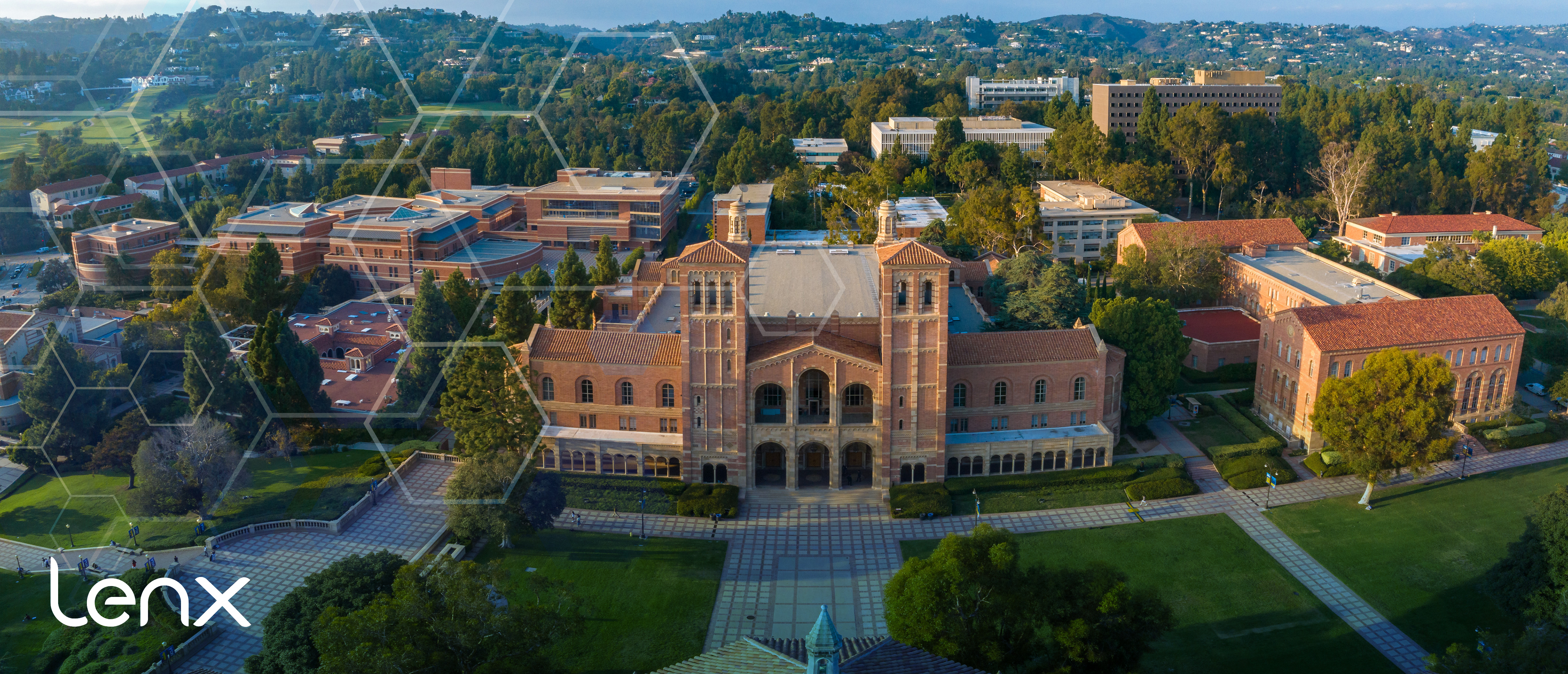
How AI Security and Active Shooter Detection can Aid Campus Security
The safety of students and staff on campuses is a top priority. Yet, the rise in active shooter incidents in schools has raised serious concerns.

Traditional security measures have shown limitations in addressing this threat. This has led to the exploration of advanced solutions like AI security and active shooter detection systems.
These technologies promise to revolutionize campus security defenses. They offer real-time threat detection and rapid response capabilities, enhancing the safety of our educational institutions.
In this article, we delve into how AI security and active shooter detection can aid in bolstering campus security.
The Growing Need for Enhanced Campus Security
The frequency of active shooter incidents in schools is alarming. This has led to a heightened focus on campus security defenses.
Traditional security measures are no longer sufficient. They often fail to detect threats in real-time, leading to delayed responses.
AI security and active shooter detection systems offer a promising solution. They can significantly enhance the safety of our campuses.
The integration of these advanced technologies is now a necessity. It's a crucial step towards ensuring the well-being of students and staff.
Traditional Campus Security Measures and Their Shortcomings
Traditional campus security measures include CCTV cameras and security personnel. These methods have been the backbone of school security for years.
However, these measures have limitations. They often rely on human vigilance, which can be fallible.
Moreover, they lack real-time threat detection capabilities. This can result in delayed responses during critical situations.
In essence, traditional security measures are reactive rather than proactive. They often respond to incidents after they have occurred, rather than preventing them.
Introduction to AI Security for Campuses
AI security is a cutting-edge solution for campus safety. It uses artificial intelligence to detect potential threats in real-time.
This technology can identify unusual activities or objects, such as firearms. It can then alert campus security or law enforcement.
AI security is proactive. It aims to prevent incidents before they occur, enhancing the overall campus security defenses.
How AI Security and Active Shooter Detection Systems Work
AI security systems use machine learning algorithms. These algorithms analyze data from various sources like cameras and sensors.
The system is trained to recognize potential threats. For instance, it can differentiate between a firearm and a harmless object.
When a threat is detected, the system sends real-time alerts. These alerts can go to campus security, law enforcement, or even directly to students and staff.
This rapid response can save precious time. It can help prevent a situation from escalating.
The Benefits of AI Security Apps and Gun Detection Technology
AI security apps offer a host of benefits. They can be integrated into existing security infrastructure, enhancing its effectiveness.
Gun detection technology, a part of AI security, is particularly useful. It can accurately identify firearms, reducing false alarms.
These technologies not only improve security but also instill a sense of safety. They reassure students, staff, and parents about campus security.
Case Studies: AI Security in Action on Campuses
Several campuses have already adopted AI security. They report significant improvements in threat detection and response times.
One notable case involved an AI system identifying a potential threat. The system alerted campus security, averting a possible incident.
These cases highlight the effectiveness of AI in enhancing campus security. They underscore the value of this technology in real-world scenarios.
Addressing Ethical and Privacy Concerns with AI Security
While AI security offers many benefits, it also raises ethical and privacy concerns. Critics argue that constant surveillance may infringe on personal freedoms.
However, proponents maintain that these systems prioritize safety over intrusion. They argue that AI security systems can be designed to respect privacy.
Balancing these concerns is crucial. It ensures that AI security enhances campus safety without compromising individual rights.
Conclusion: The Future of Campus Security Defenses
AI security is transforming campus security defenses. With its ability to detect threats and alert authorities, it offers a promising solution to enhance safety.
However, it's important to address ethical and privacy concerns. Balancing safety and privacy will be key in the future of campus security.
With continuous advancements, AI security is set to play a pivotal role in shaping safer educational environments.

